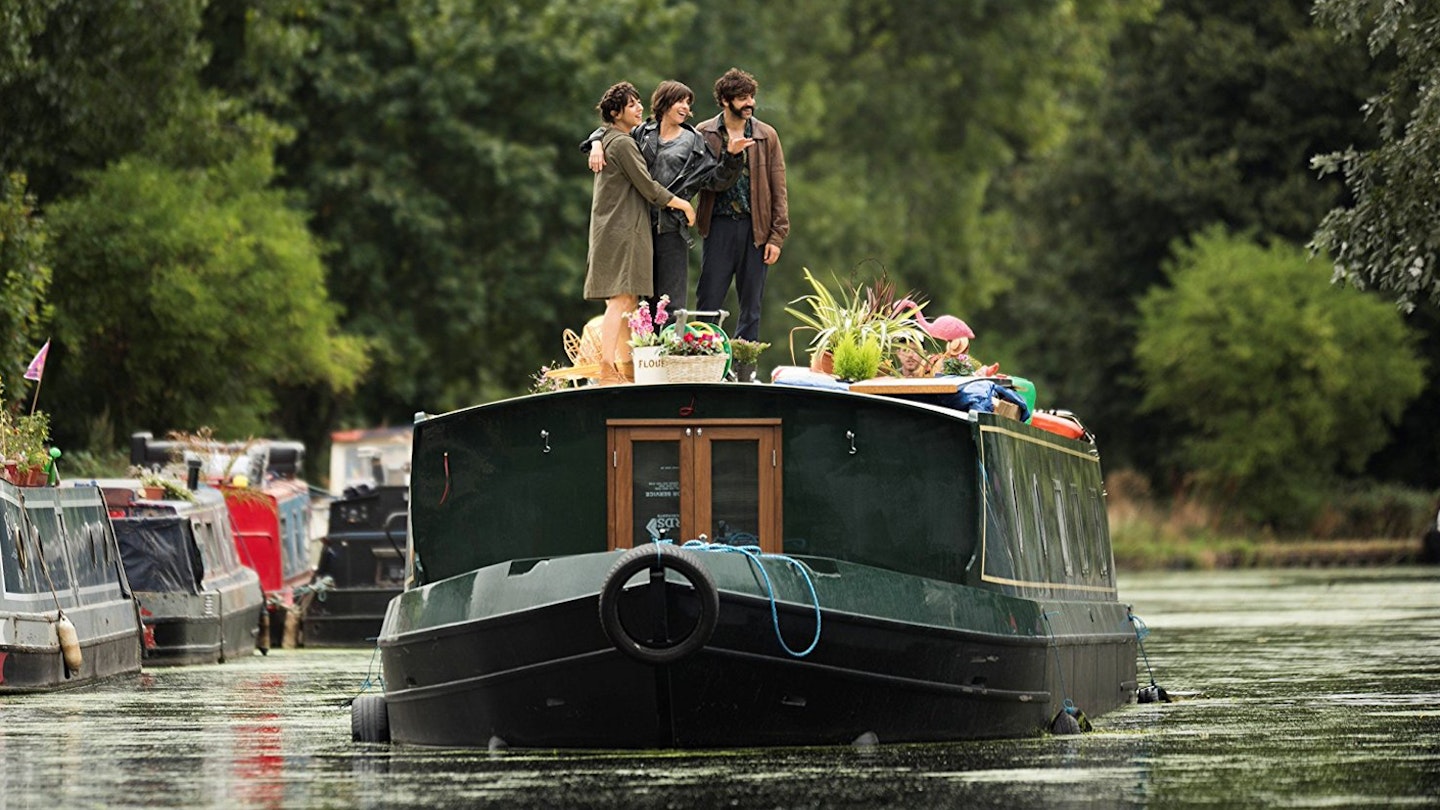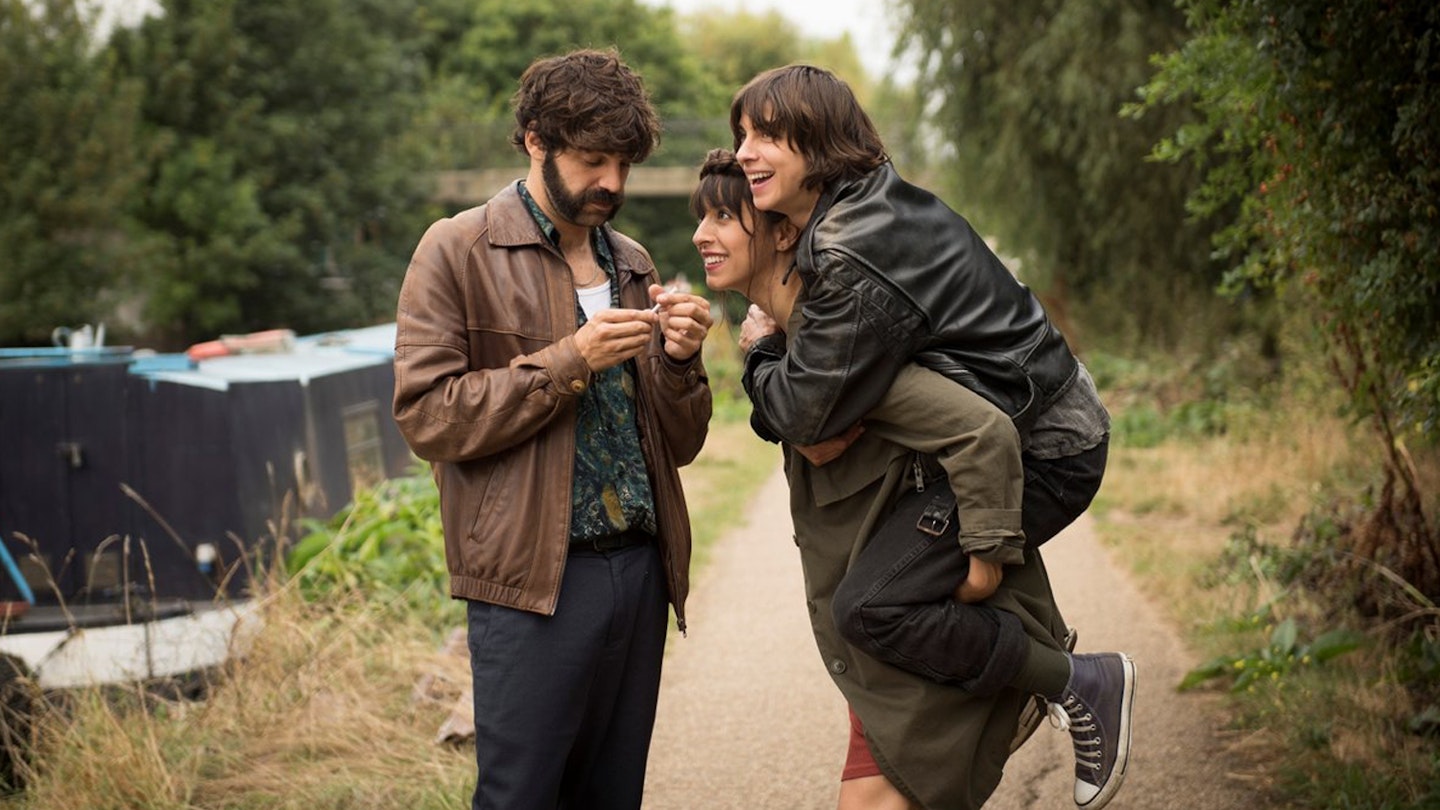It’s a universal truth that there are certain questions you must ask early in a relationship to work out whether you’re compatible. Arguably the most important of those is: do you want children? But, given its ability to enact romantic ruin and therefore provide drama by the bucketload, no one in movies ever seems to check before falling head over heels.

Spanish filmmaker Carlos Marques-Marcet and co-writer Jules Nurrish play up that trope in Anchor And Hope, while simultaneously trying to upend it by centring the film on a lesbian couple named Kat (Natalia Tena) and Eva (Oona Chaplin), whose different attitudes towards potential parenthood become heightened when a friend they asked to act as their sperm donor becomes increasingly involved in their lives.
Natalia Tena and OOna Chaplin deliver the required emotional weight when the opportunity arises.
Echoing how each of the women start to feel trapped in their relationship, much of the film takes place in cramped spaces; the pair’s cluttered canal boat, a cramped flat, Eva’s mother’s garden which is full to the brim with overgrown plants. However, cinematographer Dagmar Weaver-Madsen ensures that each frame is lit warmly, particularly in their home, effectively highlighting the contentedness of their living situation despite the fact that it might not be practical. Much like how their love struggles to overcome their polarised visions for their future.
Anchor And Hope’s key interest is its characters, and it boasts a couple of stellar central performances from Tena and Chaplin, who deliver the required emotional weight when the opportunity arises. And while such moments are frustratingly fleeting — they communicate with few words — their evident ease with one another makes their intense bond so believable. Tena has the meatiest role; as Eva and donor Roger (David Verdaguer) get swept up in baby-related antics, reluctant Kat begins to isolate herself, and it’s in those quiet moments of anguished thought that Tena shines.
Watching these characters in their unconventional life together (neither conform to having steady jobs and they’ll often spend their days glamorously emptying their boat’s facilities) is lightly engaging but, by the end, we’re left with the feeling we still don’t actually know them all that well. As a result, Anchor And Hope never quite manages to pack the punch it strives to.
